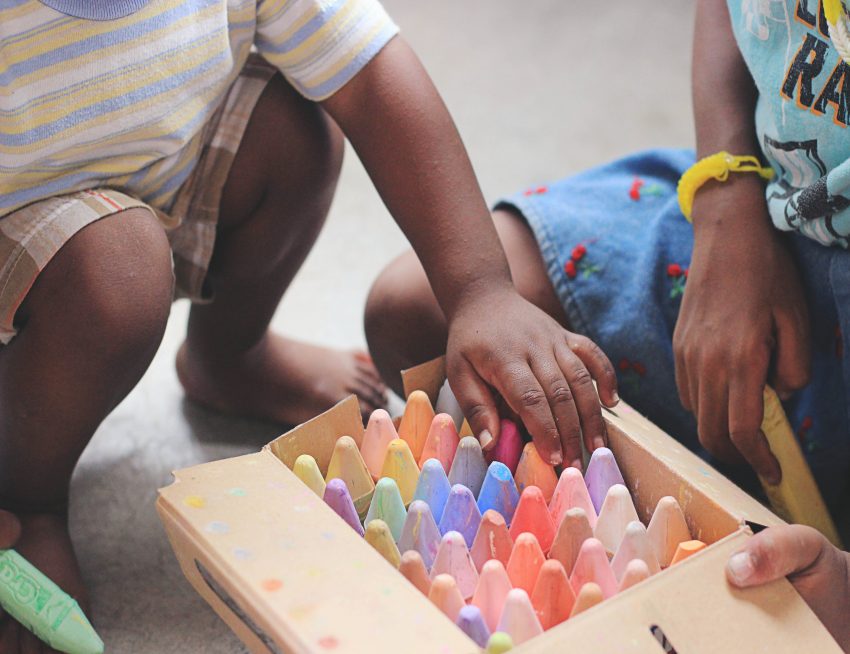Getting your children to willingly cooperate with you can be difficult. Whether they are toddlers or teenagers, children are wired to just say no! It’s in their nature to respond in that manner, and it’s the duty of parents to inculcate the habit of cooperation into their children.
As a parent, you may be tempted to resort to bribery or punishment to get your children to do their chores or generally do what they’re told. Here are 7 better ways to get your child to cooperate.

1. Connect on their level
if you want your children to do what you ask, you need to come down to their level and relay the message in a manner that makes sense to them. This means that you have to explain your request in an easy-to-follow language that they can relate to. For example, you tell your child to brush his teeth and he says no! Or ask why? then you have to give him a reason that resonates with him by saying “we need to brush our teeth so that we keep them nice and strong to help us eat our yummy meals when we’re hungry”.
2. Give choices
Giving your child a choice gives him/her a sense of control- it can quickly turn a no into a yes! Your child may want to cooperate and do what you have asked if there are far too many options from which to choose. To a child, five or six choices can seem like 20 or 30 choices. Let your child choose between only two things, which will enable him/her feel independent without being frustrated by too many decisions. If for example, you go grocery shopping with your child and you tell him to choose a snack for his lunch box but there are so many choices to choose from, help your child narrow the available choices by offering two varieties for him to choose from.
3. Make it fun
Children generally jump at activities that seem fun. Appeal to your child’s sense of fun — be silly, imaginative, and entertaining when you’re approaching a task. If you make a chore fun, a child is more likely to forget he is actually performing a task because the task has become fun and exciting. If you can make cooperation fun, your children will be happy to be a part of whatever you have planned. You can make a game of putting away toys or folding clothes.
4. Employ the praise tactic
Most times, parents tend to focus more on the negatives rather than the positives. When your child doesn’t do something right, you scold him/her. However, when they get it right or do something good without being told, you don’t praise or commend them. We all love praise and validation for a job well done, but it seems to be human nature that we call attention to the negatives rather than taking the time to comment and notice what’s going well. The next time you see your child doing something that you can praise—take the time to let him/her know. As much as possible, emphasize as many good things you see your child doing.
5. Be direct
You’ll communicate your confidence in your child’s ability to cooperate if you talk to him/her enthusiastically, without hesitation, impatience, or excessive volume. Be clear and direct in letting your child know what you expect of him/her. Children need concise expectations. If you want to grab and keep their attention, you need to communicate exactly what they can or can’t do in simple terms that they understand.
6. Form a bond with your child
The need for close and secure attachment is one of the strongest drives that humans have. Children are more inclined to do what you ask when they feel close to you and when you request from a place of connectedness. Parents who create an emotional connection with their children are far more likely to get their kids to cooperate. Forming a bond with your children is one of the greatest tools in fostering their cooperation.
7. Lead by example
When it comes to giving instructions or directions, you have to lead by example. People only tend to follow a leader who leads by example. You can’t tell your children to arrange their room when they can clearly see that your’s is in a mess. If you want your child to adhere to certain rules and values, you need to set the example yourself.



